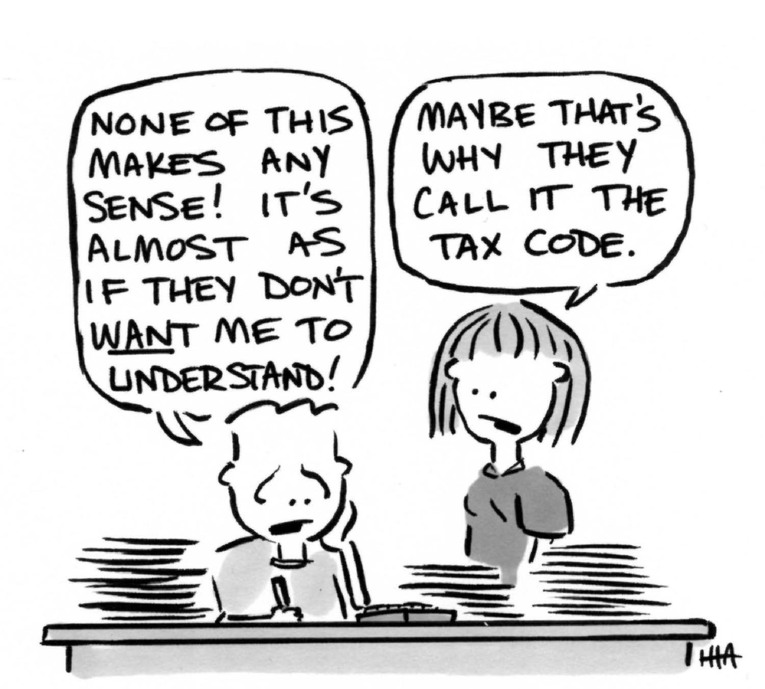| Essay 29 | Keep Complexity Under the Surface |
“An extraordinarily complex mess.”
That’s what Nina Olson, the national Taxpayer Advocate for the U.S. Internal Revenue Service, calls the American tax system. The official book weighs in at about 6,500 pages. Can you imagine? If you think I’m lying, you’re right. It’s actually about 65,000 pages long.

This is why I absolutely love TurboTax, one of the most popular income tax preparation software packages in the United States. It has taken these 65,000 pages of documentation and miraculously curated some sort of usable software out of it for commoners like me. TurboTax could so easily have just reproduced the federal and state 1040 forms digitally, turning each line item into a text field and calculating a few fields here and there, and submitted the form via the Information Superhighway and be done with it.
It probably still would have a lot of fans.
Instead, TurboTax is like a personal tax wizard who understands that no one really wants to hang out with it. “Get your W-2 out and copy the numbers into me.” “Do you own a farm? No?! Then let’s not ever mention it again.” It even knows when it’s asking me esoteric questions, by letting me know that something is very unlikely or uncommon—“This probably doesn’t apply to you.”
TurboTax has done a heroic job of making tax filing at least palatable. I can only imagine what a stinky mess the underlying code must be. Logic must exist not just for federal law but for each of the fifty states and for each of the thousands of local counties and beyond. And within those parameters, there’s code for single and married people, small-business owners, investors, students, philanthropists, first-time home buyers, the unemployed, the just-retired, the forgetful, the poor, the rich, the richer, and—yes, farmers.
Couple that with the annual changes to tax laws; every little rule taken out or put in to account for some earmark in government spending that make up those 65,000 pages of dead trees. If you think you’re angry about a couple extra hundred dollars you owe the government, imagine being a TurboTax developer who has to write yet another weird bit of conditional logic for someone who’s just bought an environmentally friendly motorboat in Mississippi within the last six months.
Is any of that code even worth refactoring? What would they refactor when the very code they’re writing today might be obsolete after the next Congressional recess or might depend on a totally different set of parameters down the road?
TurboTax is proof that, even when the task at hand is an extraordinarily complex mess, the software doesn’t have to be. You can squeeze all that complexity underneath the surface, interpret that mess into some reasonably digestible set of usable functions, and create some really helpful and far more simplistic software.
